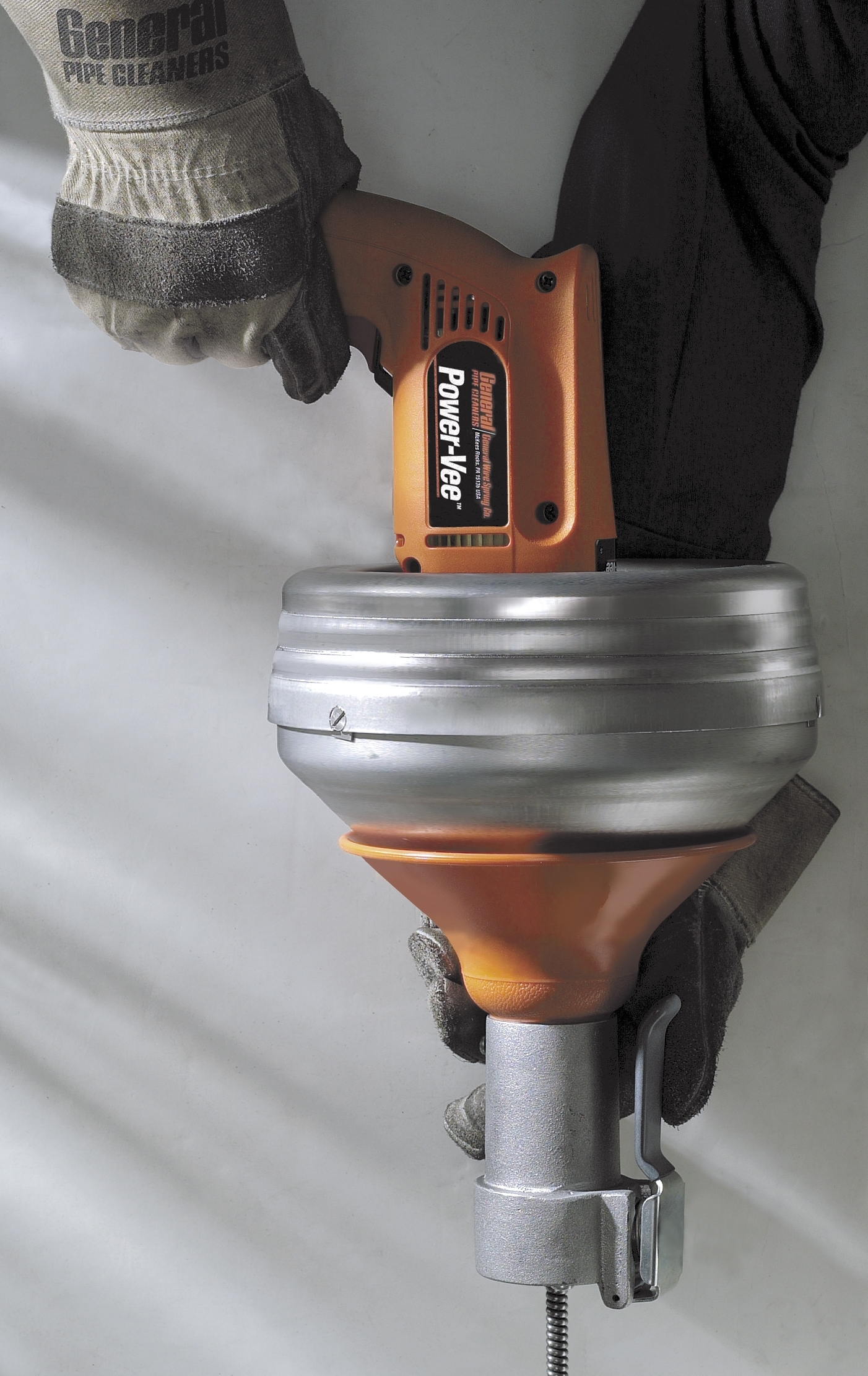Q. Drain cleaning can be messy and dirty. Should I be concerned about disease transmission through wastewater?
A. I understand your fears. Rumored dangers of disease transmission through wastewater – particularly HIV and HBV (Hepatitis) – have recently gained traction. And plumbing and drain-cleaning professionals should take sensible steps to safeguard their health.
But a study on HIV and Bloodborne Pathogens (BBP’s) for the Wastewater Industry considers it “unlikely that transmission of HIV could occur in a wastewater treatment setting.”
Still, OSHA requires healthcare employers to inoculate their workers for Hepatitis B. And a number of large plumbing contractors are already doing this for their employees. Building maintenance personnel should consider this, as well. And tetanus, dysentery, and other maladies pose constant workplace hazards – and should be protected against.
But simple, prudent precautions can help lower disease risks.
For instance, always wear protective leather gloves over rubber gloves. Gloves can get caught in spinning coils of cable. And easily torn rubber gloves could provide pathways for contaminated wastewater – and possible infection.
Safe cleaning practices help, too. Health care workers apply a solution of 1 part chlorine bleach to 20 parts tap water (1:20) to blood spots on clothing. Your drain cleaning cable and uniform can be likewise cleaned.
Commonsense cleanliness around wastewater should also be followed. Never touch drain cleaning cables with your bare hands. And thoroughly wash your hands after completing jobs.
In short, drain cleaning can be done safely – and without undue concern – by simply using common sense!
Contact the Drain Brains® at General at 800-245-6200 or by email [email protected].
